Journalist and prisoner of conscience Eskinder Nega was unconditionally released as part of a presidential pardon on the 14 February 2018.
What happened?
At an event to mark the Ethiopian New Year in 2011 Eskinder spoke about press freedom in the country. Shortly after, on the 14 September, Eskinder was arrested – for the ninth time – because of his activities as a journalist.
He was sentenced to 18 years in prison in 2012 on trumped up terrorism charges. A key part of the evidence against Eskinder was the impassioned speeches he made at a public meeting about Ethiopians’ need to struggle peacefully for freedom.
He has previously been tried for treason – alongside his wife, and 129 other journalists, opposition politicians and civil society activists – following post-election protests in 2005. Eskinder was detained for 18 months and then released in April 2007. Eskinder’s wife, Serkalem Fasil, gave birth to their only son, Nafkot, while she was in prison.
Repression of civil society
Ethiopia’s Anti-Terrorism Proclamation enables the prosecution of legitimate and peaceful activities as ‘terrorist’ acts. It contains broad provisions that can be used to criminalise freedom of expression and association.
Ethiopian authorities routinely use criminal charges and accusations of terrorism to silence dissent. Repression of freedom of expression has increased in recent years. Evidence against defendants has included newspaper articles criticising the government, communication with news outlets critical of the government, poems written by defendants, and even articles sent to the defendants by other people.
How did Amnesty respond?
Eskinder’s was featured as a case for Write for Rights in 2013 and activists all around the world took action to secure his release.
In Australia this included signing petitions, writing letters to the President of Ethiopia and to Eskinder himself to show solidarity.
Eskinder’s image was featured on buses around Australia, with the public encouraged to send text messages asking the Ethiopian government to release him.
On World Press Freedom Day in 2014, we handed over a petition with 30,000 signatures to Ethiopian authorities.
Eskinder sent a thank you message to Amnesty and our supporters:
“I shall continue to be a voice for non-violence, peace, democracy and reconciliation. Thanks Amnesty International. I am honoured to have been deemed worthy of your support.”
What next?
On Eskinder’s release, Sarah Jackson, Amnesty International’s Deputy Regional Director for East Africa, the Horn and the Great Lakes, said:
“We hope the release of this courageous journalist, along with hundreds of other prisoners, heralds a new dawn in the Ethiopian government’s handling of political dissent, a dawn of tolerance and respect for human rights.”
The Ethiopian Government must:
- show good faith and free hundreds of other prisoners of conscience who remain behind bars simply for exercising their right to freedom of expression
- take steps to reform the legal system under which arbitrary detentions and torture of dissidents have been allowed to flourish
- review the sweeping and draconian anti-terrorism law which has been used to unjustly and ruthlessly deprive many dissidents of their freedom
- order an impartial and independent investigation into allegations of torture and other ill-treatment of prisoners and the swift prosecution in fair trials of those found responsible for it.
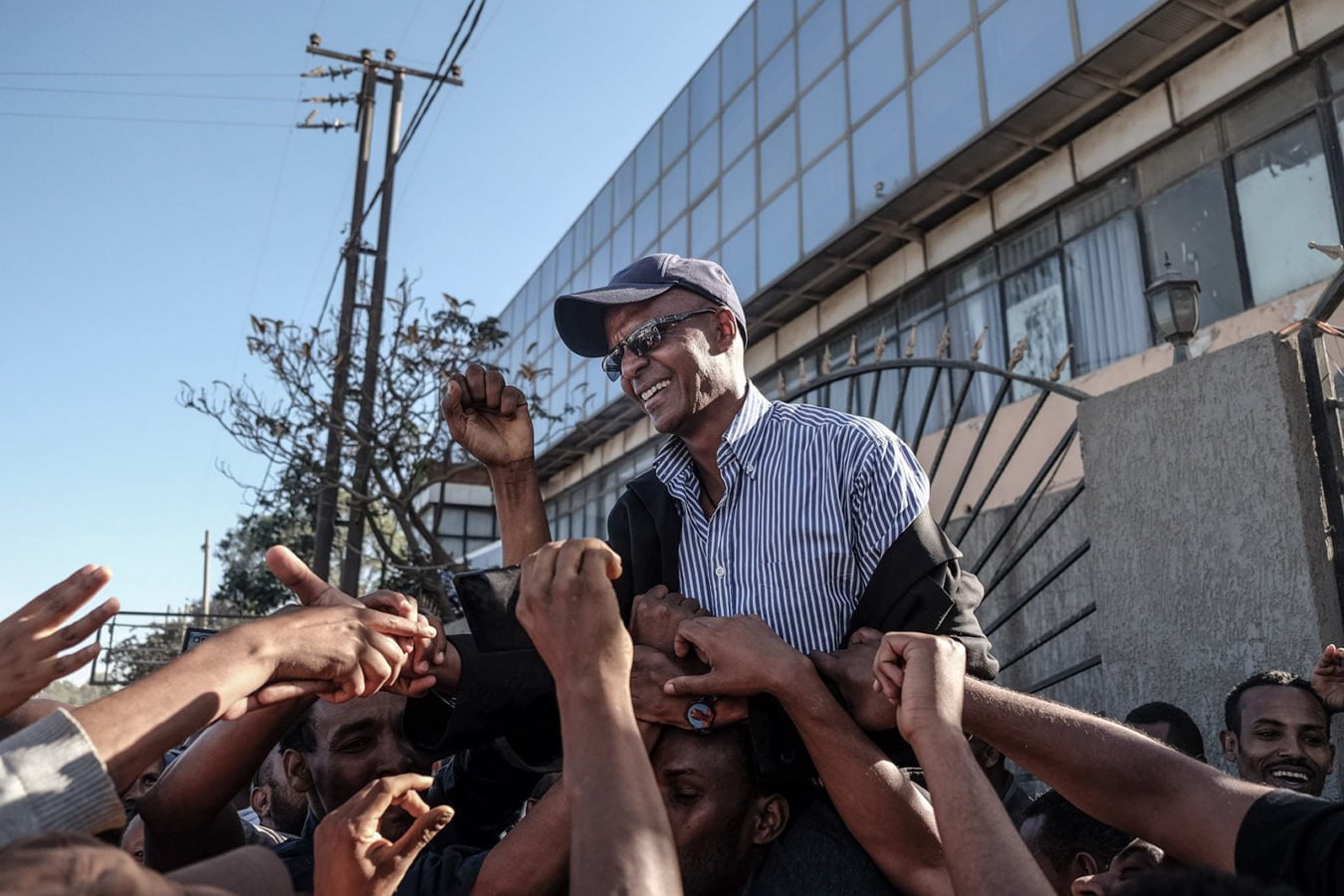
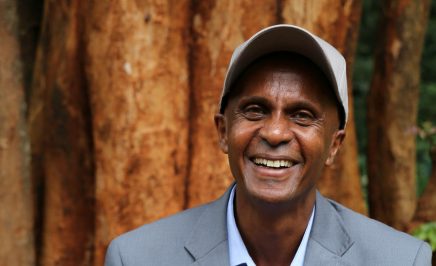
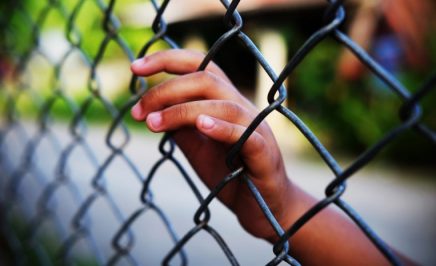
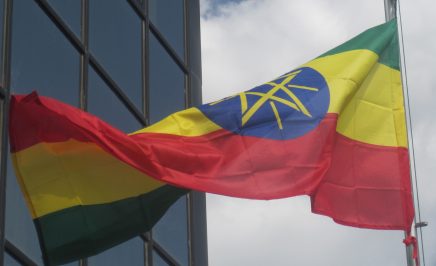
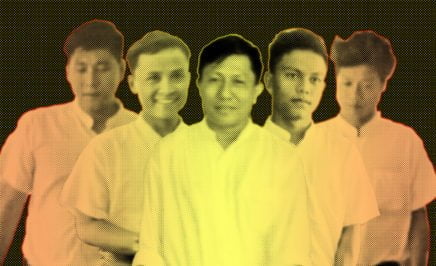
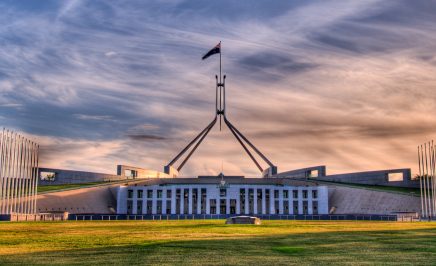




Amnesty, I salute you for all the work you are doing in dangerous and difficult situations in so many countries which are struggling for dignity, respect, and freedom of speech.
We as Amnesty members are asking the Ethiopian Government to reform the legal system in the country
great and good
My thoughts is while the views are not right, it is unfortunately the culture in their country. With corruption and war taking over, many evil people make decisions that hard working citizens of the country are fighting to break. A lot of times, we try and give charity, but it’s not enough, human nature is selfish we don’t give up our time to stop something. I appreciate amnesty’s dedication in releasing them out of prison, prison is only for psychopaths with no remorse, not a beautiful mother forced to give birth a baby in a jail cell. It might take a long time, but nothing comes easy, a bachelor degree takes time, a masters take time, and fighting for what’s right takes time.